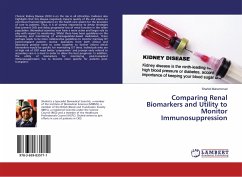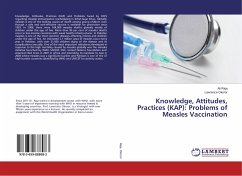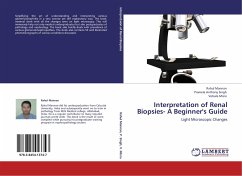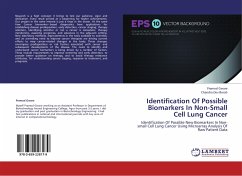Chronic Kidney Disease (CKD) is on the rise in all ethnicities. Evidence also highlights that this disease negatively impacts quality of life and places an enormous financial implications on the health care system for the provision of care to patients. Thus, it is of utmost importance to devise strategies that prevent CKD and delay progressive loss of renal function in the wider population. Biomedical scientists now have a more active and larger role to play with respect to monitoring. Whilst there have been guidelines on the screening and monitoring of anticoagulation-based medication, there perhaps needs to be more collaborative guidelines to monitor mainstay IST post-transplant patients receive. Specialists from both clinical and laboratory practice need to come together to further inform which biomarkers would be specific for monitoring IST titres. Individuals who are at high risk of CKD need better 'preparation' and prompt early referral to secondary care is a must in order to allow the best prognosis. In addition, the utility of biomarkers for monitoring post-transplant immunosuppression has to become more specific for patients post-transplant.
Bitte wählen Sie Ihr Anliegen aus.
Rechnungen
Retourenschein anfordern
Bestellstatus
Storno








